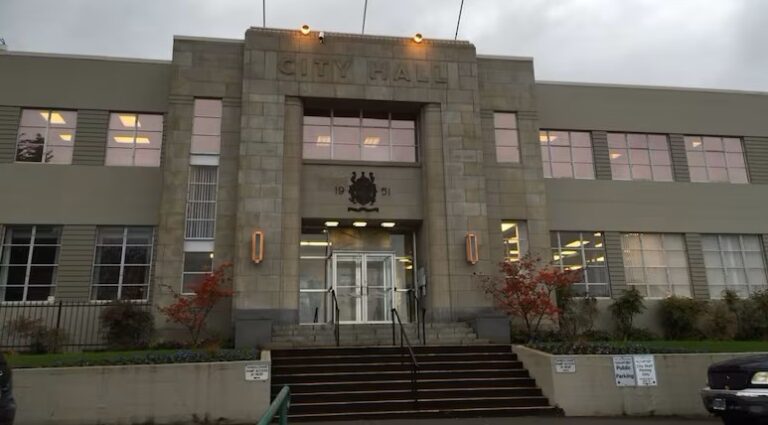 The election campaign for Executive positions on the University of Toronto Students’ Union (UTSU) took place March 3 to March 14, 2014. On Monday, March 3, the UTSU-appointed Chief Returning Officer (CRO) prohibited Team Unite, a slate of candidates running for Executive positions, from hanging posters, launching its website, and sharing its platform, effectively blocking all forms of campaigning.
The election campaign for Executive positions on the University of Toronto Students’ Union (UTSU) took place March 3 to March 14, 2014. On Monday, March 3, the UTSU-appointed Chief Returning Officer (CRO) prohibited Team Unite, a slate of candidates running for Executive positions, from hanging posters, launching its website, and sharing its platform, effectively blocking all forms of campaigning.
The pretext for this decision was a disagreement about the amount of tuition fees paid by U of T students. CRO Alex Flor claims the dues are $17 per year paid to the union, while Team Unite quoted $345 in its election platform, which includes mandatory contributions of $124.34 for dental insurance, $14.90 for the student commons, $68.24 for a fee labeled “UTSU,” and $138 for health insurance — for a total of $345.48. The CRO requested a change to the phrasing of this platform item before it would be approved. Upon re-submitting the amended platform that day, the CRO’s lack of availability resulted in Team Unite’s platform not being approved until March 5.
When Team Unite representatives informed The Varsity (campus newspaper) about its disqualification by those currently holding power, the Chief Returning Officer issued a total of 29 demerit points to five members of Team Unite: ten for “failure to follow grievance procedure,” nine for “intentional misrepresentation of facts,” five for “misrepresentation of fact,” and five for ”unapproved material.” Any candidate receiving more than 35 demerit points in a campaign is disqualified according to UTSU’s Elections Procedure Code.
Team Unite’s candidate for Vice President (Internal and Services), Anna Yin, received three of these demerits and, during the rest of the campaign, an additional 60 demerit points for various infractions including allegedly claiming “that the UTSU membership fee was $345,” “that the UTSU has no report indicating where funds are spent,” “that UTSU’s largest expense is executive salaries,” “that the UTSU allowed the University of Toronto Mississauga to leave the organization in the past and divert fees to UTM,” “that the UTSU is preventing autonomous organizations from ‘leaving’ the UTSU by citing UTSU bylaws,” and “that a Student Society [sic] Summit was created to investigate undemocratic UTSU bylaws.” According to UTSU Elections rules, Yin will face a $795 financial penalty for these infractions ($15 for each demerit point received).
In a campaign that’s less than two weeks long, on a campus with 67,128 undergraduates, the two-day gag order put Team Unite at a grave disadvantage. The incumbent slate, “U of T Voice” was unaffected and, not surprisingly, won four out of five of the top Executive positions in this split election.
Whether you agree with Team Unite or Alex Flor about the math, such a minor technicality is not ground for censorship. Every student seeking office should be given the same opportunity as their competitors to share their opinion with voters, including opinions about what constitutes the real amount of mandatory dues. Claims about which figure is more accurate should be sorted out through debate among candidates and voters. By virtue of being accepted to attend one of Canada’s most prestigious institutions, the students of the University of Toronto lack no cognitive capacity for intelligent debate. In a free society, bad ideas are combated with good ones, and lies are refuted with the truth. If such a basic democratic principle isn’t upheld at the U of T, then we have serious questions about UTSU’s commitment to free speech.
It should be no surprise to learn that the UTSU receives an F in the 2013 Campus Freedom Index for failing to uphold free expression on campus. The UTSU denied certification to the student group Men’s Issues Awareness Society in December of 2012, stating that the student group had violated the UTSU’s Discrimination on Campus Policy and the Ontario Human Rights Code, for “perpetuating harassment towards women.”
Read more about UTSU’s free speech record in the 2013 Campus Freedom Index







